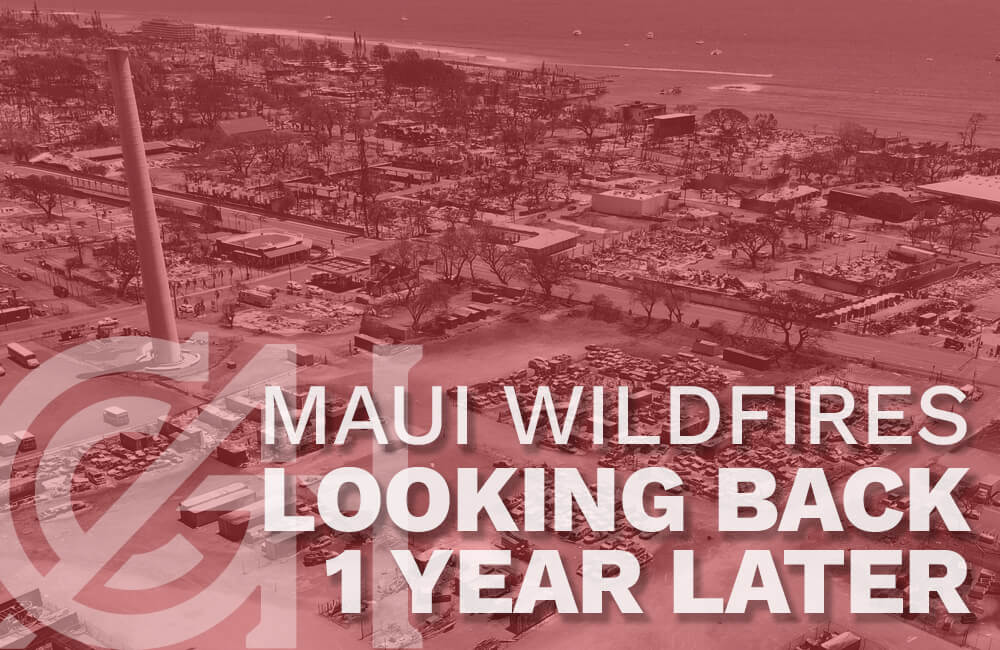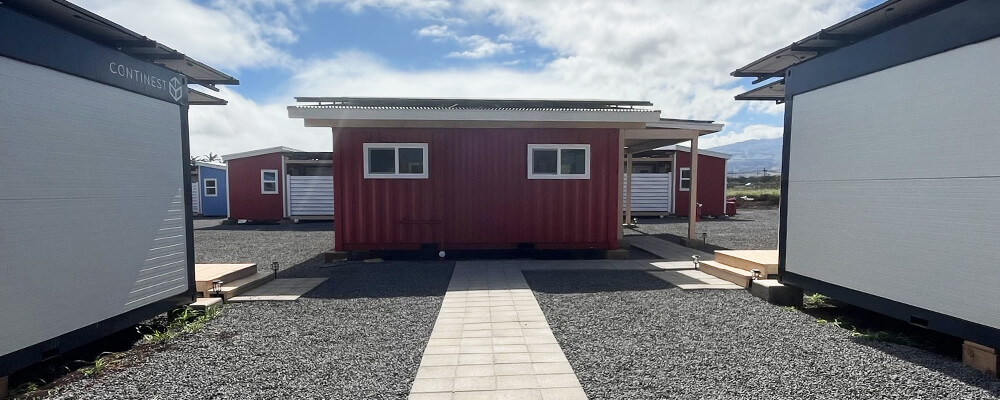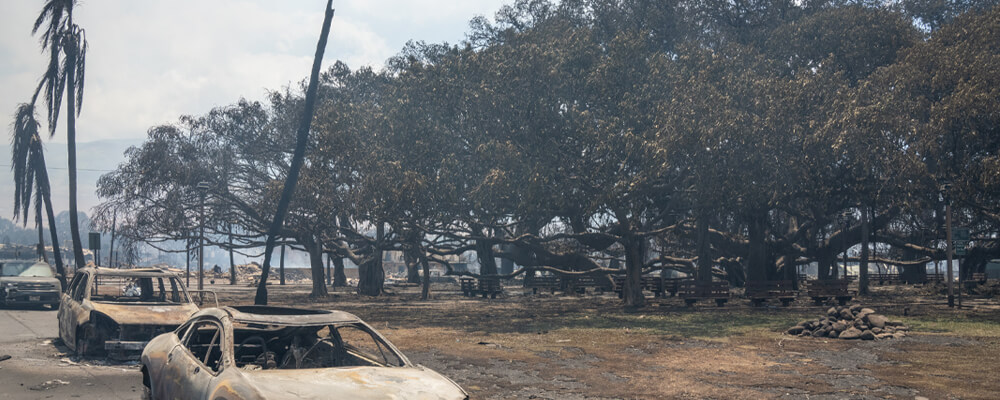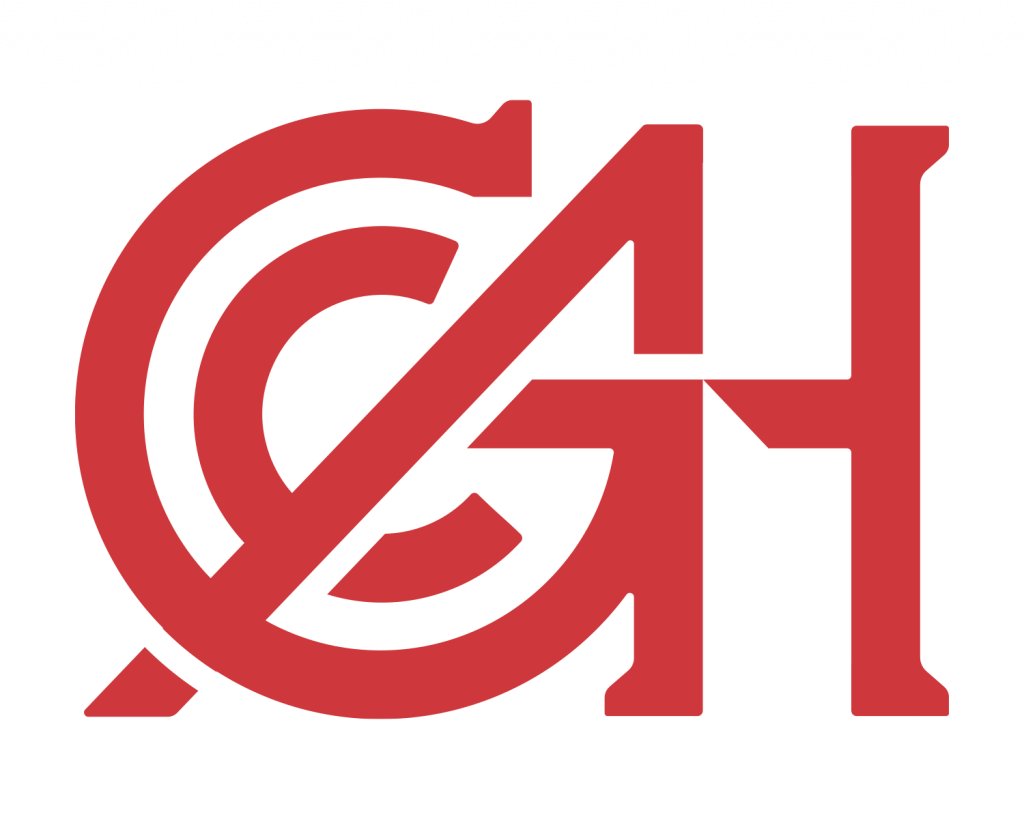
GCA Members Helping to Rebuild Lahaina into a More Resilient Community
GCA members came to the rescue of those in Lahaina immediately following the Maui wildfires in many ways.
Immediately following the Maui wildfires, the GCA and the General Contractors Labor Association (GCLA), donated $50,000 to the Hawaii Community Foundation's Maui Strong Fund to help rebuild the lives of those in West Maui. More than 2,000 building structures were destroyed in the fires, resulting in an estimated $5.5 billion in damages. GCA member companies also showed their aloha by contributing their time and resources to assist during that challenging time.
“Project leaders coordinated with the owner and the design team to set up a temporary clinic to replace the facility that had been lost in the fire.”
Manny Aquino
Project Manager, Hensel Phelps
Hensel Phelps, for example, shifted their focus to supporting clients and meeting the urgent needs of the community. They provided support to one of its healthcare clients whose facility was burned down.
“Project leaders coordinated with the owner and the design team to set up a temporary clinic to replace the facility that had been lost in the fire,” said Manny Aquino, project manager for Hensel Phelps. “Within 24 hours after the fire, crews on Oahu helped load medical supplies and equipment to ship to Maui.
The rapid response by the Hensel Phelps team helped to minimize the disaster’s impact on patient services and ensure medical services continued for victims in need. After a short period of design and construction, the temporary clinic reopened in March 2024, and Hensel Phelps is standing by to support our clients and the Maui community.
“We’re available to explore how we can help in all ways possible as the Maui community determines the best path forward,” Aquino said.
Another GCA member company Arita Poulson General Contracting also arrived to help immediately after the wildfires.

Ohana Hope Village provides families displaced form the Maui wildfires with a home while they await the rebuilding of permanent housing solutions.
“We were deeply involved in the Ohana Hope Village project, not only assisting in managing the construction but also performing the construction work itself,” said Brad Espedal, chief operating officer of Arita Poulson. “We also engaged in community meetings and collaborated with groups such as the Construction Industry of Maui (CIM) and the Maui Construction Industry Coalition (MCIC), playing a pivotal role in the community's response to the disaster.”
“With our extensive experience and community ties, we are well-positioned to contribute effectively to the ongoing and future projects that will help restore and improve Lahaina,” Espedal added.
“The wildfires have underscored the critical need for flexibility and adaptability in our operations and planning. Key lessons include the importance of crisis management capabilities and the need to maintain robust supply chains that can withstand sudden disruptions.”
Brad Espedal,
Chief Operating Officer, Arita Poulson General Contracting
Arita Poulson’s generous, selfless support and commitment to putting the community’s needs ahead of their own was especially evident when looking at the adverse impact to the company following the wildfires.
“Several of our projects on Maui's west side were postponed or canceled due to the wildfires, significantly affecting our ongoing operations,” Espedal said. “Additionally, the labor market, already tight, faced further strains, escalating labor costs substantially.”
“The wildfires have also had a significant negative impact on the turnaround time for building permits, which were already taking between nine and 12 months before the disaster. This has further complicated our project timelines and planning efforts, putting additional pressure on our operations,” he added.
Espedal believes the wildfires offer some valuable lessons for the entire construction industry.
“The wildfires have underscored the critical need for flexibility and adaptability in our operations and planning. Key lessons include the importance of crisis management capabilities and the need to maintain robust supply chains that can withstand sudden disruptions,” he said. “These events have highlighted the necessity of supportive policies and practices for our employees, especially in times of crisis, ensuring they have the necessary support to manage personal impacts while continuing their professional roles.”
As the rebuilding process continues, building and strengthening relationships and workforce development are equally as important.
“It’s critical for the construction industry to engage in strategic planning and foster strong partnerships with local governments and community organizations. A proactive approach in anticipating future challenges, particularly related to labor and resource shortages, is essential,” Espedal said. “It is predicted that Maui will need an additional 2,500 construction workers in the very near future to meet the demands of rebuilding and recovery. This underscores the urgency for innovative solutions to support and expand our workforce efficiently.”

The Lahaina banyan tree, severely damaged in the fire, continues to recover (read more here, Hawaii Public Radio, August 2024 article).
To help with Maui’s ongoing recovery, the construction industry can offer new solutions to address the challenges, now and into the future.
“I'd like to emphasize the critical need for a collaborative effort between the government and private sectors in addressing housing shortages and other logistical challenges. Establishing construction temporary workforce camps could be a practical solution that benefits the industry and accelerates the recovery process.”
“The industry must also prioritize sustainable building practices and disaster-resilient infrastructure to better prepare for and mitigate the impacts of future calamities. Emphasizing safety, efficiency, and sustainability will not only aid in the current recovery but also fortify Lahaina against future risks, Espedal said.
Espedal recognizes all of this will not happen overnight, but provided encouragement for Maui residents: “We understand the challenges ahead and the frustrations with the pace of recovery. However, with patience, perseverance, and collective effort, we can rebuild Lahaina stronger and better prepared for the future.”
We hope you enjoyed this featured article! Comments or feedback? Send an email to communications@gcahawaii.org.
Mahalo!
